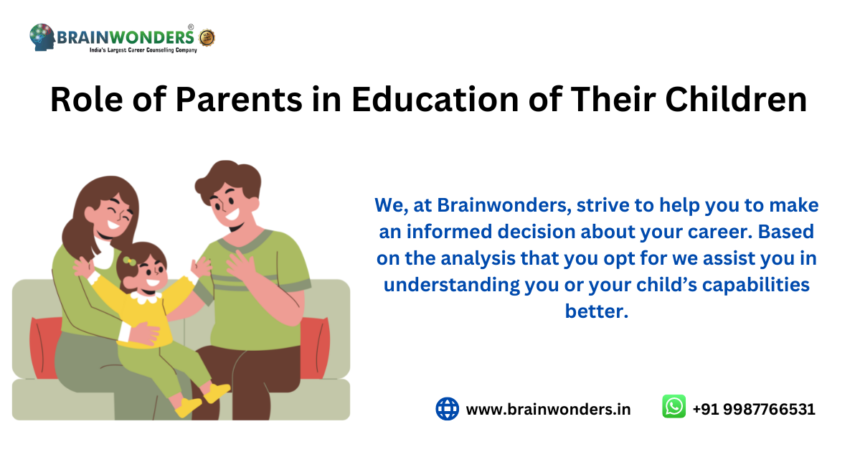Parental involvement in education is a powerful force that can significantly impact a child’s academic success and overall development. When parents actively participate in their child’s learning journey, they create a supportive environment that fosters motivation, self-esteem, and a lifelong love for learning. This article highlights the pivotal role of parental involvement and offers practical strategies for parents to engage effectively with their children’s education. By empowering parents to become active partners in the educational process, we can unlock the full potential of our children and lay a strong foundation for their future success.
The Importance of Parental Involvement (150 words): Research consistently demonstrates that parental involvement is a key factor in a child’s academic achievement. When parents take an active interest in their child’s education, children exhibit better attendance, improved grades, higher graduation rates, and enhanced problem-solving skills. Parental involvement also leads to increased motivation, self-discipline, and positive attitudes towards school. Moreover, children who feel supported by their parents are more likely to engage in extracurricular activities, explore their interests, and pursue higher education.
Strategies for Effective Parental Involvement
- Establish a positive home learning environment: Create a designated study area, set regular routines, and ensure access to necessary educational resources. Encourage reading, engage in meaningful conversations, and foster a love for learning within the family.
- Communicate with teachers: Maintain open lines of communication with teachers to stay informed about your child’s progress, strengths, and areas for improvement. Attend parent-teacher conferences, ask questions, and collaborate with educators to address any concerns.
- Support homework and assignments: Set aside dedicated time to help your child with homework, projects, and assignments. Be available to answer questions, provide guidance, and offer constructive feedback. Encourage independent thinking and problem-solving skills.
- Engage in discussions about school: Ask your child about their day at school, their interests, and challenges they may be facing. Show genuine interest in their education and provide guidance when needed.
- Encourage extracurricular activities: Support your child’s participation in extracurricular activities such as sports, clubs, arts, or community service. These activities promote social skills, teamwork, and personal growth.
- Be a role model: Demonstrate the value of education by showcasing your own commitment to lifelong learning. Share your experiences, read together, and explore educational opportunities as a family.
- Foster partnerships with the school community: Get involved in parent-teacher associations, school events, and volunteer opportunities. Collaborate with other parents and educators to enhance the learning environment for all students.
Parental involvement is a catalyst for educational success. By actively engaging in their child’s education, parents can nurture a love for learning, foster academic growth, and empower their children to reach their full potential. Together, let’s unlock the power of parental involvement and build a brighter future for our children.




